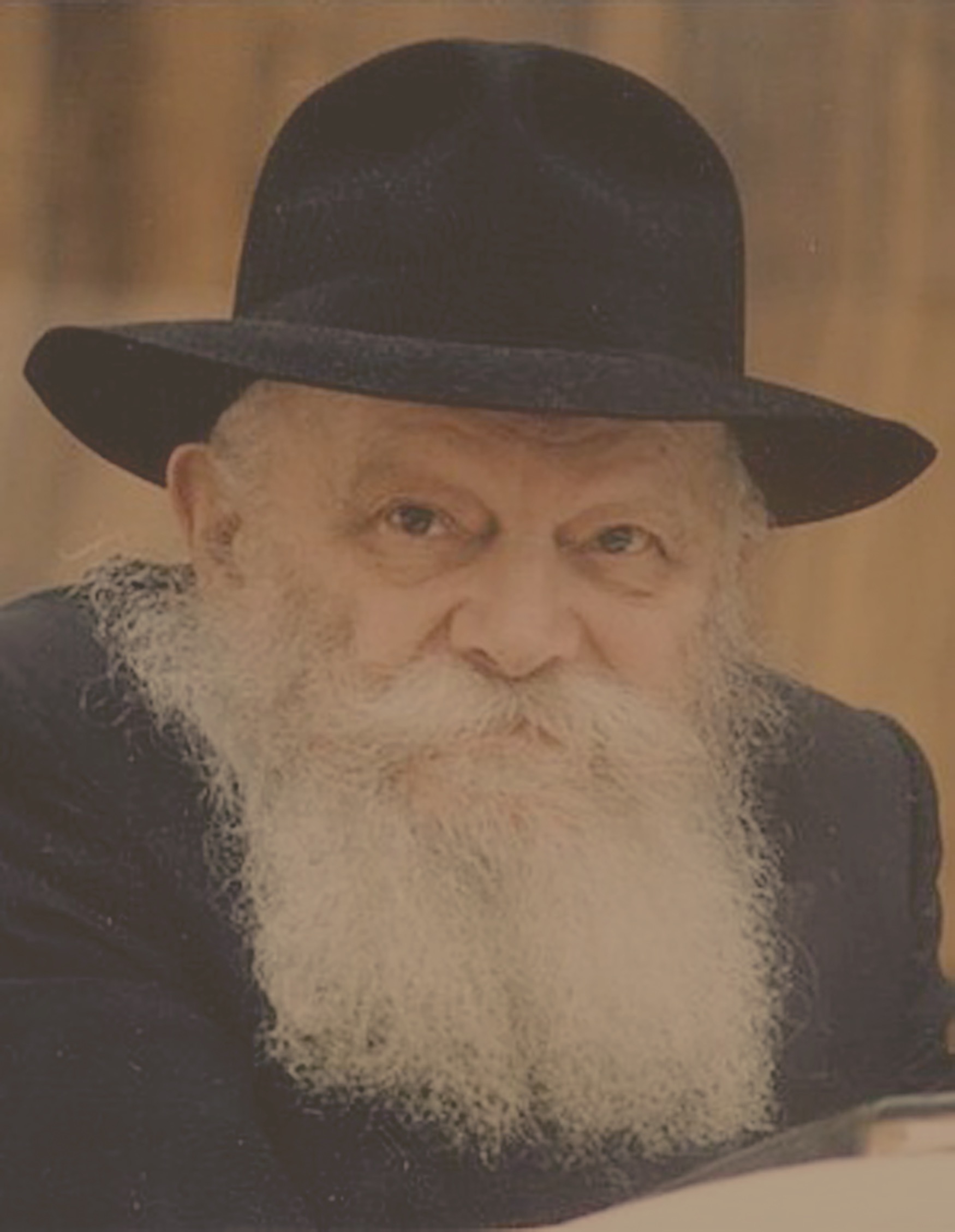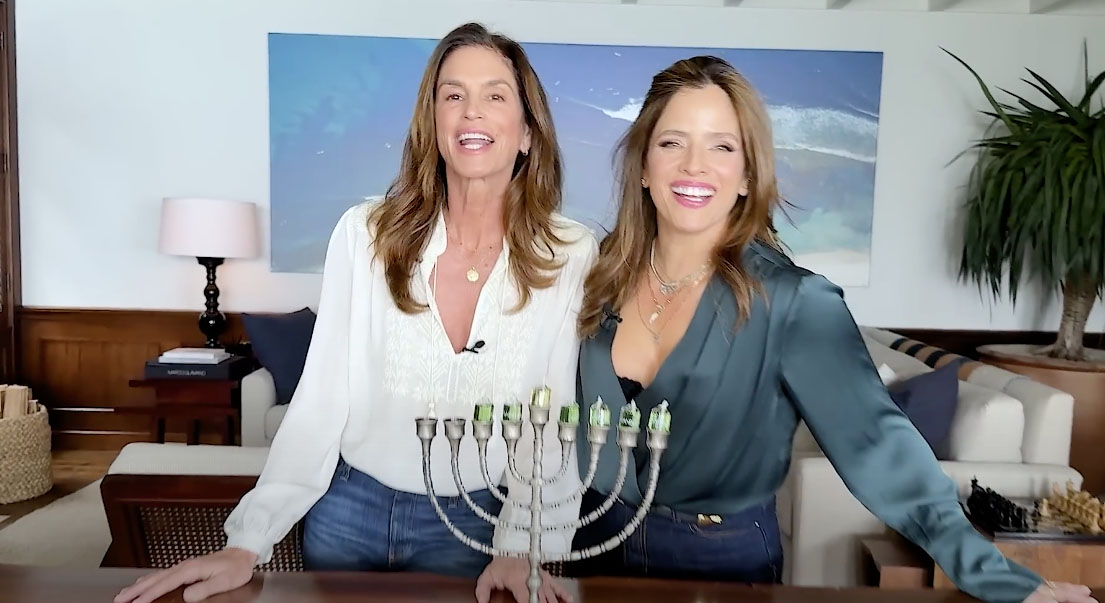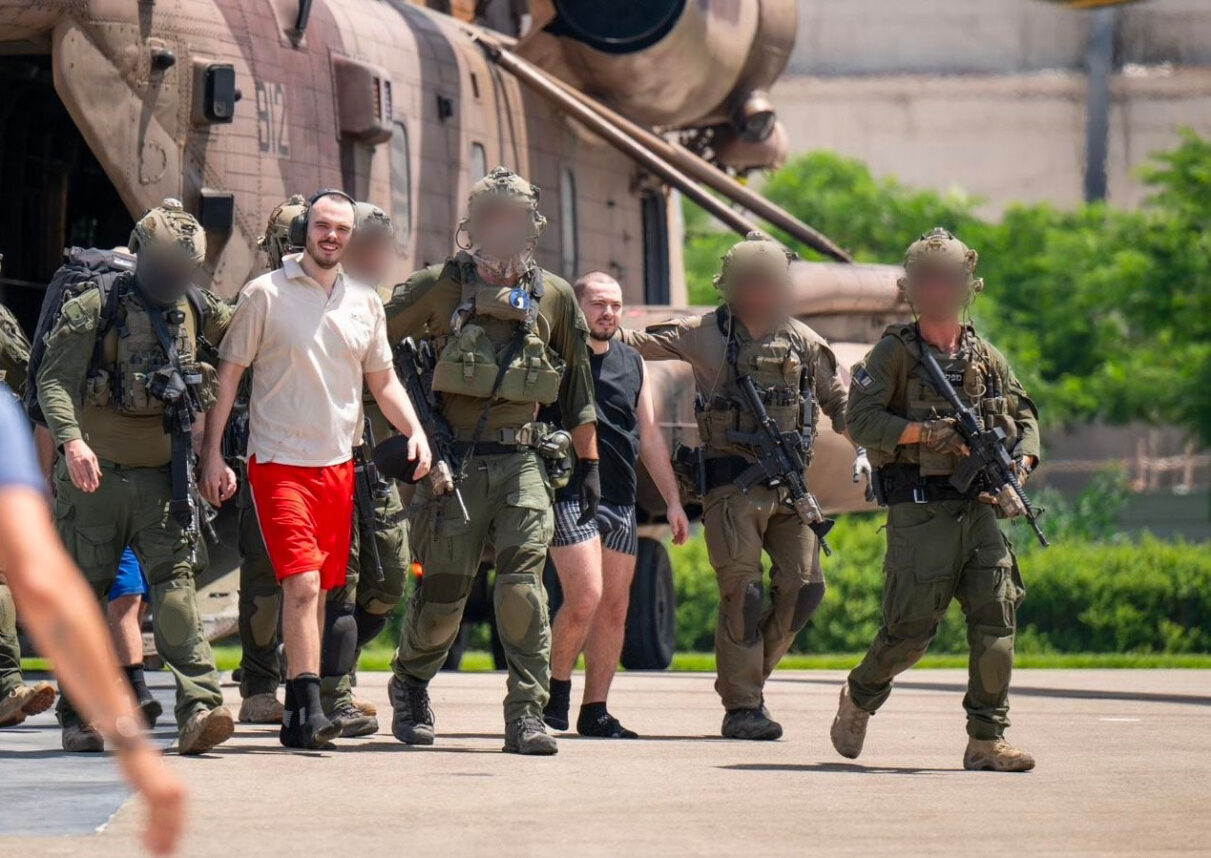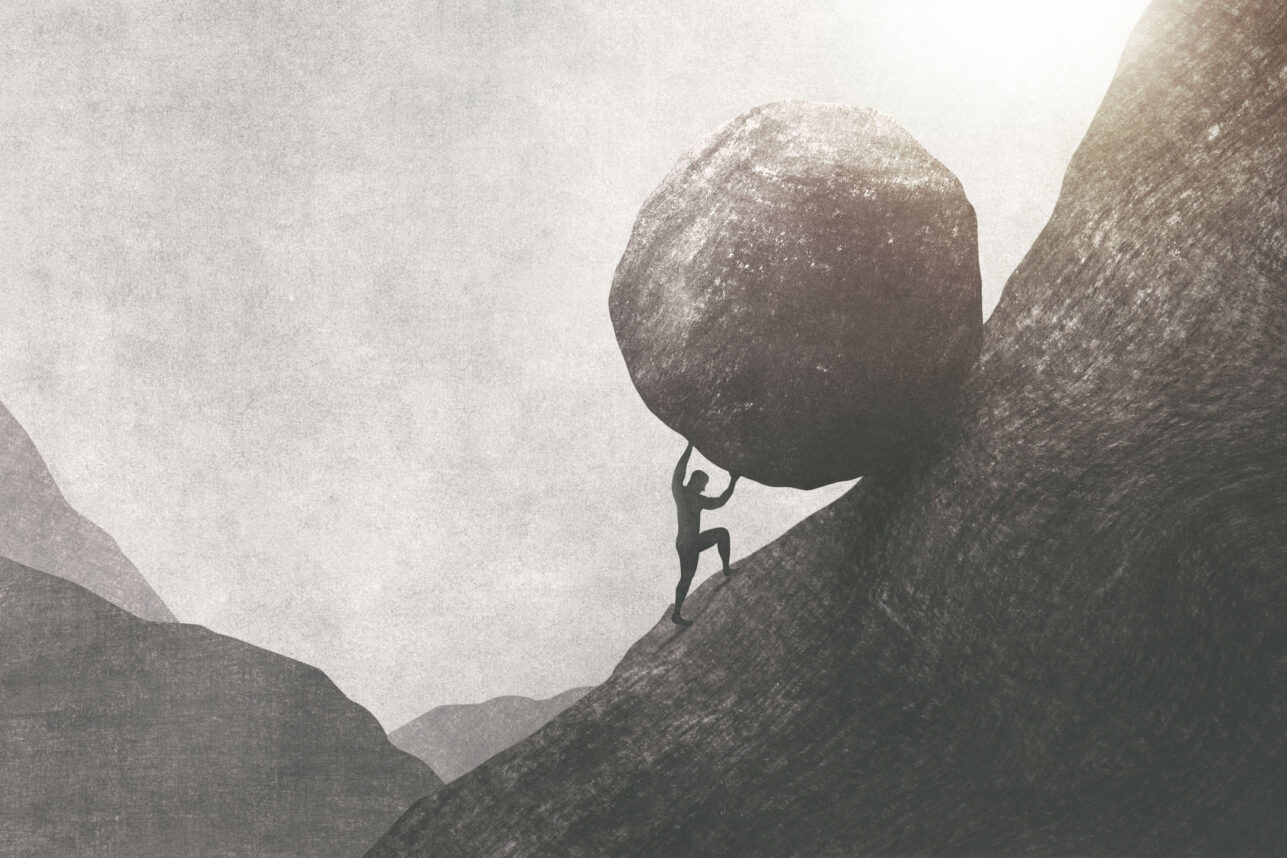
Immediately after the attack on Chabad of Poway on April 27, the last day of Passover, people were asking me, “What would the Rebbe say?”
Fair question. The building is the Rebbe’s building. Rabbi Yisroel Goldstein, who lost a finger in the assault, is his man. That makes the congregants who were traumatized, maimed, shot and killed the Rebbe’s congregants.
But also an unfair question because nobody ever second-guessed the Rebbe.
The most I can provide is precedent. In the 1960s, ’70s and ’80s, violence was increasingly on the rampage in the United States in a way not seen since the days of the Wild West. The Rebbe’s response then: Fix the educational system. How? Introduce a moment of silence every day into the school curriculum, and take it seriously.
Why do I think that’s a good fit for today’s plague of hate-driven violence?
Because the shooting in Poway is not a Jewish problem. It’s America’s problem. The same with the Pittsburgh massacre, which occurred exactly six months earlier and bears too many similarities to ignore. Both are symptoms of a malicious disease spreading unabated in the United States and in the world at large.
The Jewish people are no weaker for these attacks. Synagogues and temples aren’t about to empty because of a handful of disturbed, poisoned minds — and much to the contrary. As for those whose lives were taken — all very special Jews, all missed terribly — but don’t call them victims. There’s a title in Jewish tradition for any Jew who lost his or her life simply for being a Jew: a kadosh. A holy Jew. Jews don’t die as victims; we die with dignity. That is why we are still alive.
But this country is suffering. According to FBI figures, reports of hate crimes rose 17% last year, with similar increases over the previous two years. All this while other forms of violent crime continue to decrease. Something’s wrong.
Jews are an obvious target, but Muslims and Christian houses of worship have been under siege as well. Just a few days before the Poway shooting, authorities said a young war veteran plowed into a crowd crossing the street in Sunnyvale, Calif. Police said the suspect stated that he thought the pedestrians were Muslims.
You’re reading me right: I don’t believe the problem is rising anti-Semitism. The statistics don’t bear that out, and neither does experience on the street. The problem is people who will act out their hatred by perpetrating a mass killing.
That is a sickness, and it’s going untreated.
Jews don’t die as victims; we die with dignity. That is why we are still alive.
Americans are divided over gun law restrictions, yet there is one point that enjoys universal consensus: Gun restrictions alone are not enough because the problem isn’t the gun. The problem is the mind of the person who holds the gun.
What have American schools done for the mind of that criminal?
They taught him his ABCs. Did they teach him what makes it worthwhile to live?
They taught him to use his mind to solve problems with numbers. Did they teach him to apply his mind — rather than his fist — to solve problems with people?
They taught him how human beings first appeared on the planet. Did they teach him how to be a human being? Did they teach him to respect another human being?
They taught him anatomy. Did they teach him that a human life is more than the sum of blood, guts and bones? Or did they, perhaps inadvertently, give him the notion that the human soul has no place in today’s mind?
They taught him about laws and prisons. Did they teach him that even if he’s so smart that he doesn’t get caught, that it’s still wrong? Did they give him a conscience?
Did they ever demonstrate to him that these are the things that really matter in life — more than math, more than science, more than the niftiest technology? Did they ever give him a chance to stop and think about himself, about his life, about his family, about everything that bothers him in life? Is there a space and time for that in his school?
That’s all that a moment of silence in school is about. And, yes, it works wonders. Ask those who work in schools where it’s been implemented. They will tell you that a moment of silence means that a child might go home and ask Mommy and Daddy what he should think about. It means that a child might tell his his teacher about the troubles he’s going through. It means the school becomes a place not just for the child’s mind, but for his heart and his soul.
Or take it from this 2013 report on the Moment of Silence program at Paul Robeson High School in Brooklyn, N.Y., that describes it as “an ongoing, transformative experience.”
“… The Moment of Silence provided the students an opportunity to become more mindful and reflective of their experiences inside and outside the classroom. The students have become more introspective in their writing and have a greater appreciation, empathy, and understanding of their peers. … Students have also gained a greater understanding of educational objectives.”
Jews have to adapt to the times. The knee-jerk reaction, reinforced through thousands of years of history, has been to hunker down and strengthen the internal steel grid when under attack. But America in 2019 is not Shushan, not Rome, not medieval Spain, not Poland. True, anti-Semitism never died, even in this country. But here we have a voice, and therefore a responsibility to our country. Their problem is ours, and ours is theirs.
We can use our voices to heal America. Let American schools nurture the humanness of America’s children. Let children know the meaning of silence, so they can hear their own hearts pounding inside.
Rabbi Tzvi Freeman is senior editor at Chabad.org and teaches at West Coast Rabbinical Seminary and The Happy Minyan. His published works include “Bringing Heaven Down to Earth” and “Wisdom to Heal the Earth.”





















 More news and opinions than at a Shabbat dinner, right in your inbox.
More news and opinions than at a Shabbat dinner, right in your inbox.